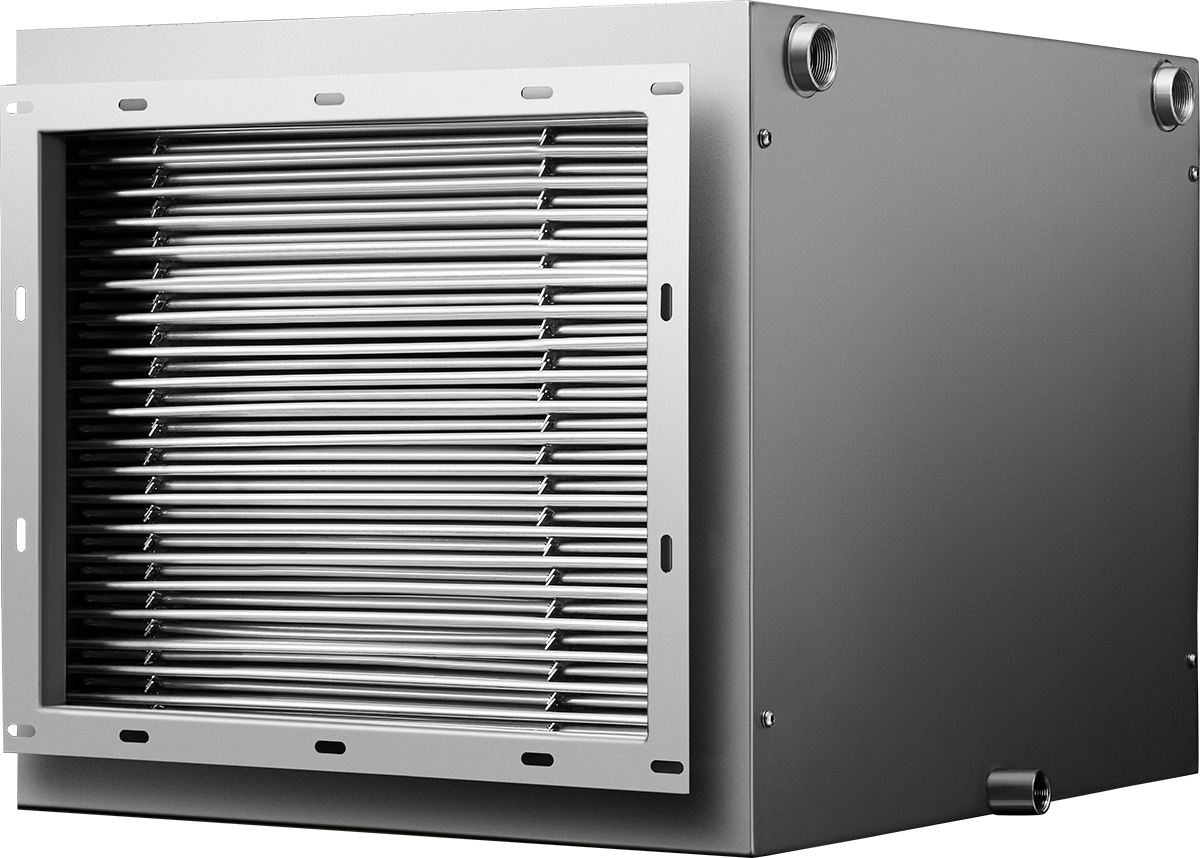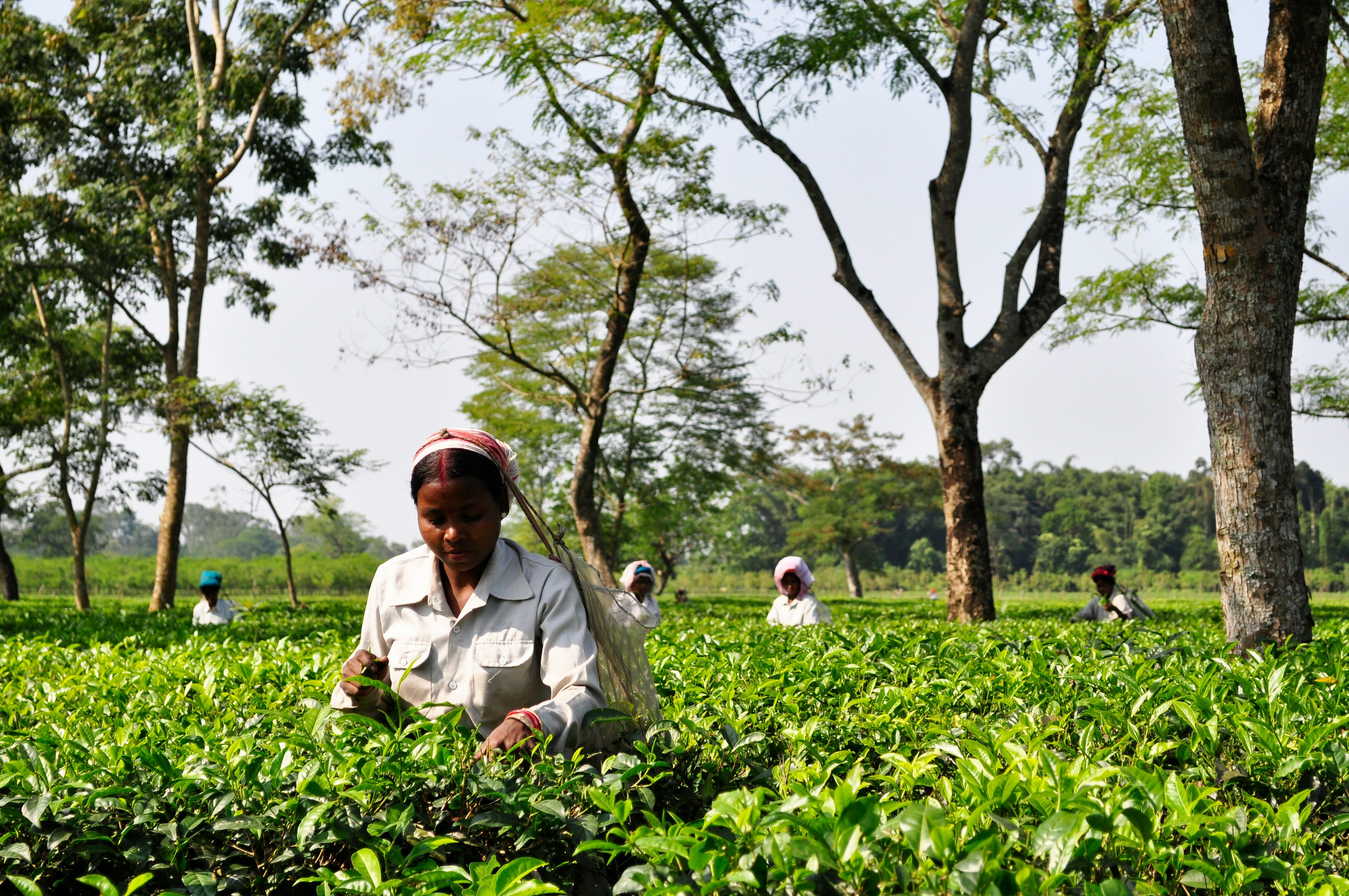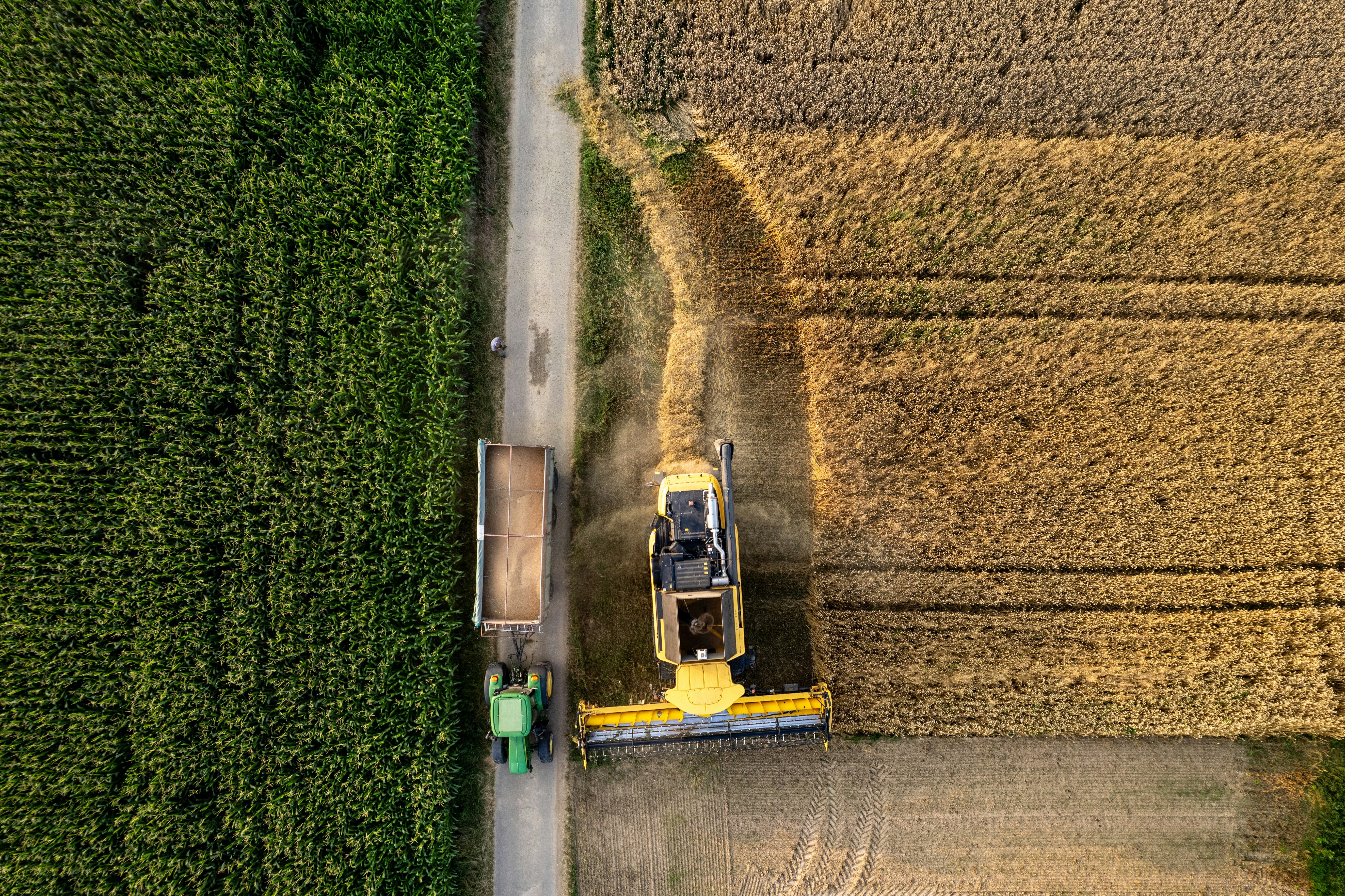Heat recovery from the exhaust air is beneficial and can be quite necessary for the farming and agriculture industry for reasons such as improving cost savings and energy efficiency, lowering greenhouse gas emissions, and for its practical applications in greenhouses, livestock housing, crop drying facilities and dairy farms. For example, the exhaust air from drying processes during post-harvest processing that often requires drying of crops to prevent spoilage can be a valuable source of recoverable heat. Furthermore, livestock buildings, such as barns, poultry houses, and pigsties, require ventilation and heating to maintain animal comfort. The warm, dirty air exhausted from these buildings can be a source of recoverable heat.
The farming and agriculture industry, unfortunately however, generates various pollutants in the exhaust air from activities such as crop production, livestock farming, and the use of machinery. Lepido, the heavy-duty heat exchanger, thrives in such harsh commercial environments, recovering energy while allowing particles that would normally clog up the system, to simply pass through.

Lepido is resilient against pollutants like dust, grease, soot and particles and is suitable for diverse applications as it seamlessly integrates into a Run-Around-Circuit, overcoming the Coanda effect. Lepido ensures optimal efficiency and is designed to withstand high temperatures and pressures. Its innovative design facilitates easy cleaning and no downtime.

The recovered heat can be used to heat replacement air or returned to the process itself by preheating liquid/air. A few other use cases can be to use the recovered heat to maintain optimal growing temperatures, reduce heating costs, and improve plant growth conditions in greenhouses, or preheating water for cleaning and sanitization processes in dairy farms or perhaps using the excess heat to roast coffee beans or dry tea leaves and save on operational costs! The possibilities are endless and can be customized based on your requirements.
